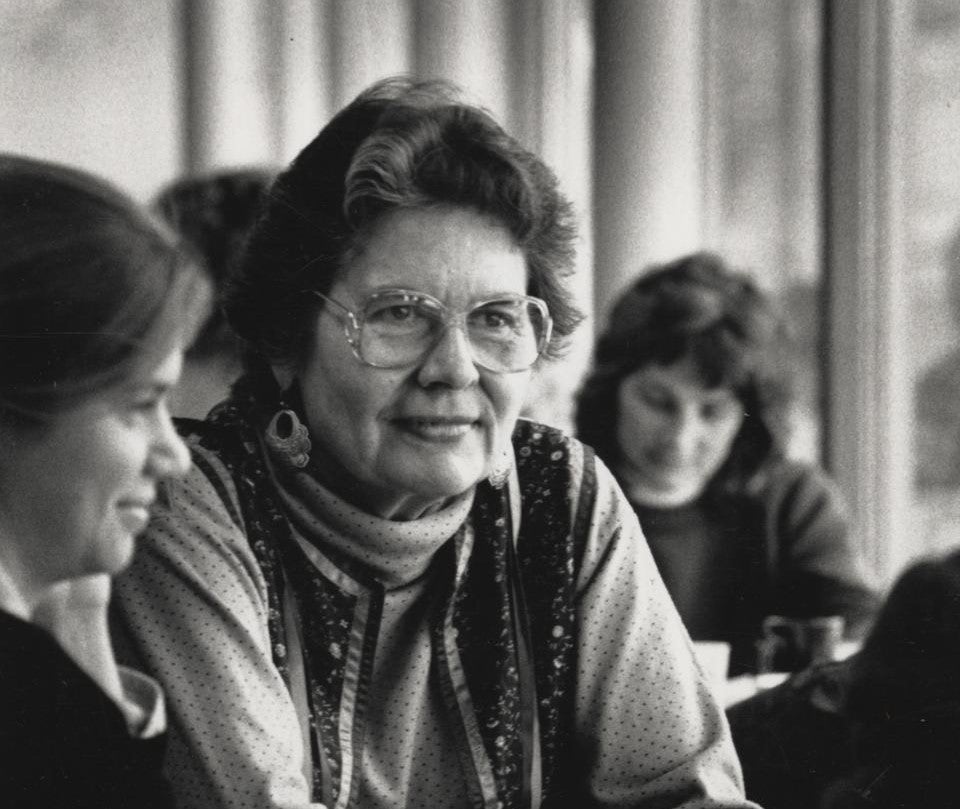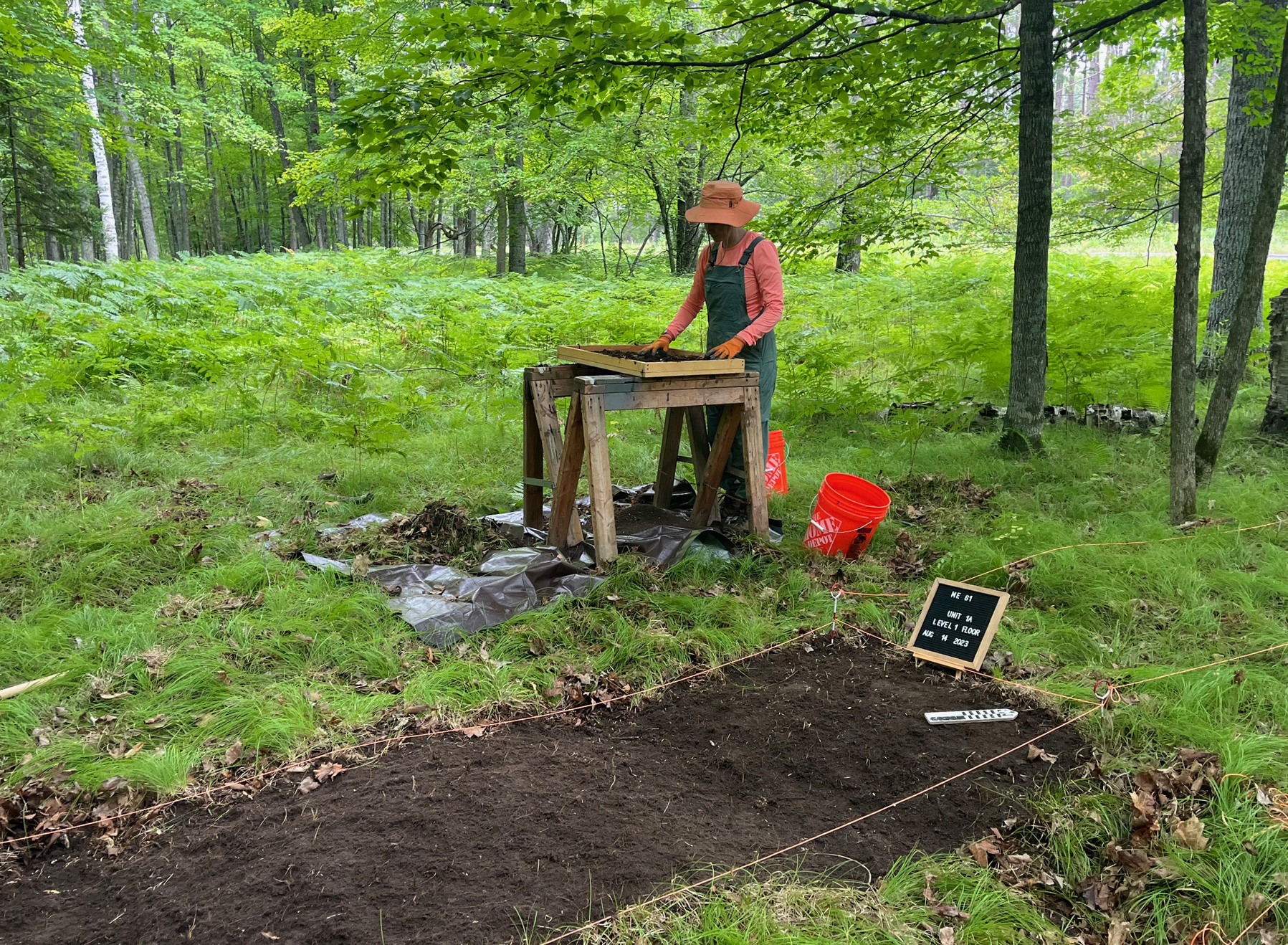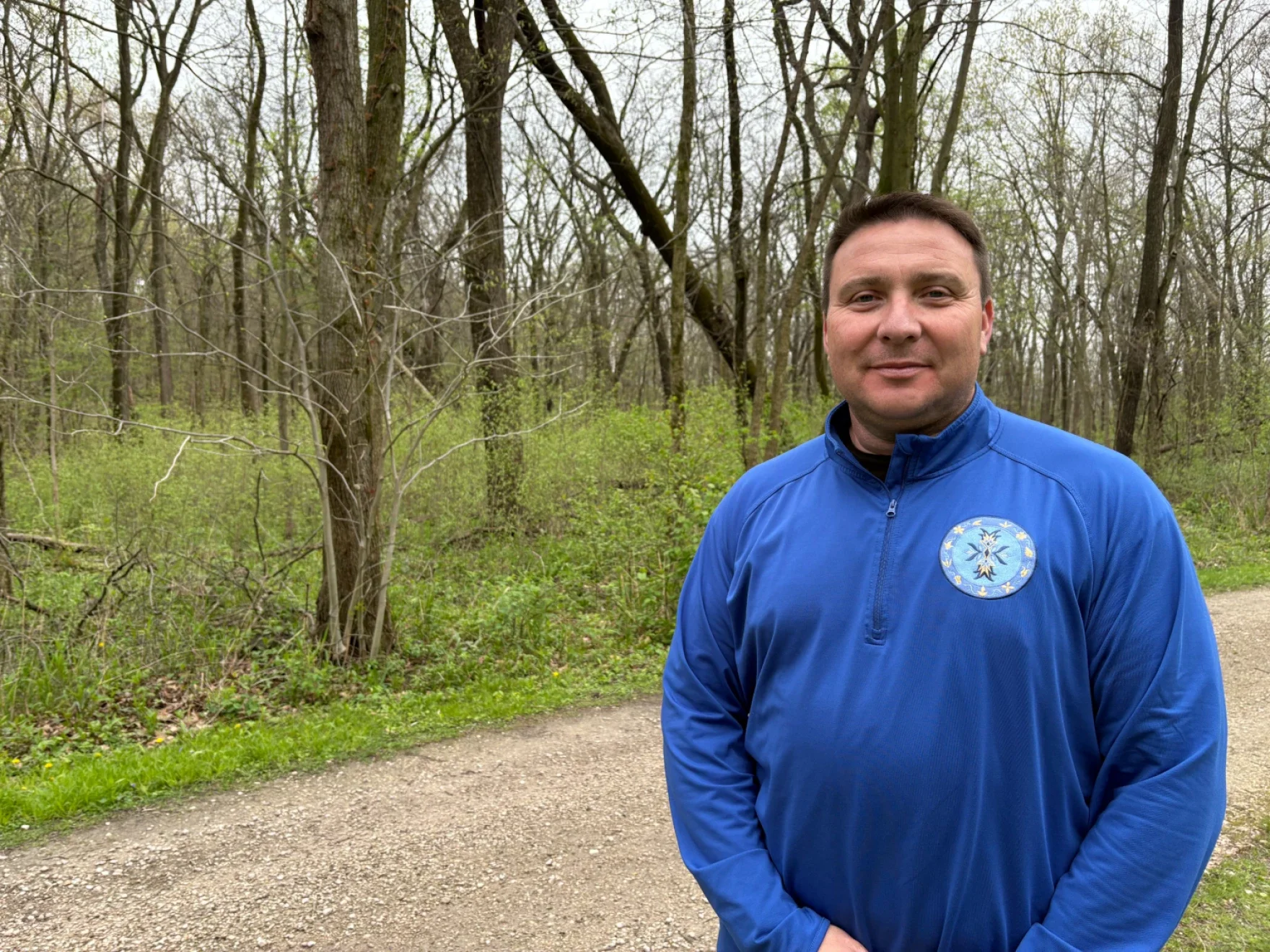Ada Deer, the first woman to lead the federal Bureau of Indian Affairs and former chair of the Menominee Nation, died Tuesday at the age of 88.
Deer was a prominent advocate for tribal sovereignty and Native rights. After the Menominee tribe lost federal recognition in the 1950s, Deer led a grassroots effort to protest the sale of tribal lands and eventually restore federal rights to the Menominee in 1973.
The win marked an end to what was known as the “Termination Era”, a period when federal lawmakers worked to end federal obligations to tribes and erase Native American rights.
News with a little more humanity
WPR’s “Wisconsin Today” newsletter keeps you connected to the state you love without feeling overwhelmed. No paywall. No agenda. No corporate filter.
During an interview with Wisconsin Public Radio’s “The Morning Show” in 2020, Deer said people in authority tried to paint her and others as “troublemakers.” But she said their goal was to save their land and their people.
“One of the most important things that I’ve done with my life is to be part of that struggle, and help people become knowledgeable about their tribal responsibilities and that they could help in bringing about significant change,” Deer said during her interview with “The Morning Show.”
Deer became the first woman to chair the Menominee tribe from 1974 to 1976 and was active in Wisconsin and federal politics. She ran for Wisconsin Secretary of State in 1978 and 1982, and was the first Native woman to run for Congress in Wisconsin, narrowly losing an election in 1992.
“You have to have some confidence in yourself, and you have to understand that one person can do something,” she told “The Morning Show” in 2020.
Deer credited her mother as an early source of inspiration, encouraging her to be an independent thinker and to speak out against injustice. She also pointed to her upbringing near Keshena, Wisconsin.
“We lived on the Menominee Indian Reservation in a log cabin on the banks of the beautiful Wolf River, where I absorbed the love of the land, love for the animals, love for my tribal people,” she said.
Deer became the first member of the Menominee Nation to graduate from the University of Wisconsin-Madison in 1957 and was the first Native American to receive a master’s in social work from Columbia University. She returned to UW-Madison as a lecturer and later as director of the American Indian Studies program in the early 2000s.
In 1993, Deer was appointed as assistant secretary of Indian Affairs by former President Bill Clinton, becoming the first woman to create policy for more than 555 American Indian tribes.
Reflecting on the work of present-day water protectors and Indigenous activists, Deer told WPR in 2020 that being a part of a tribe is “a wonderful experience.”
“It’s your people. You are a part of it, you are connected,” she said. “And in my opinion, one of the problems in our total society, is that people don’t feel connected or responsible for each other, and that’s very sad.”
Gov. Tony Evers declared Aug. 7, 2023 “Ada Deer Day” in recognition of her 88th birthday. In a statement on Twitter acknowledging her passing, Evers said Wednesday that Deer will be remembered as “a trailblazer, a changemaker, and a champion for Indigenous communities.”
“But above all, Kathy and I will always remember Ada for her kindness and compassion. We miss Ada already. We will carry her spirit with us always,” the governor said in a tweet.
Ada was one-of-a-kind. We will remember her as a trailblazer, a changemaker, and a champion for Indigenous communities. But above all, Kathy and I will always remember Ada for her kindness and compassion.
We miss Ada already. We will carry her spirit with us always. https://t.co/BdpDx79Zm4
— Governor Tony Evers (@GovEvers) August 16, 2023
Wisconsin Public Radio, © Copyright 2025, Board of Regents of the University of Wisconsin System and Wisconsin Educational Communications Board.







